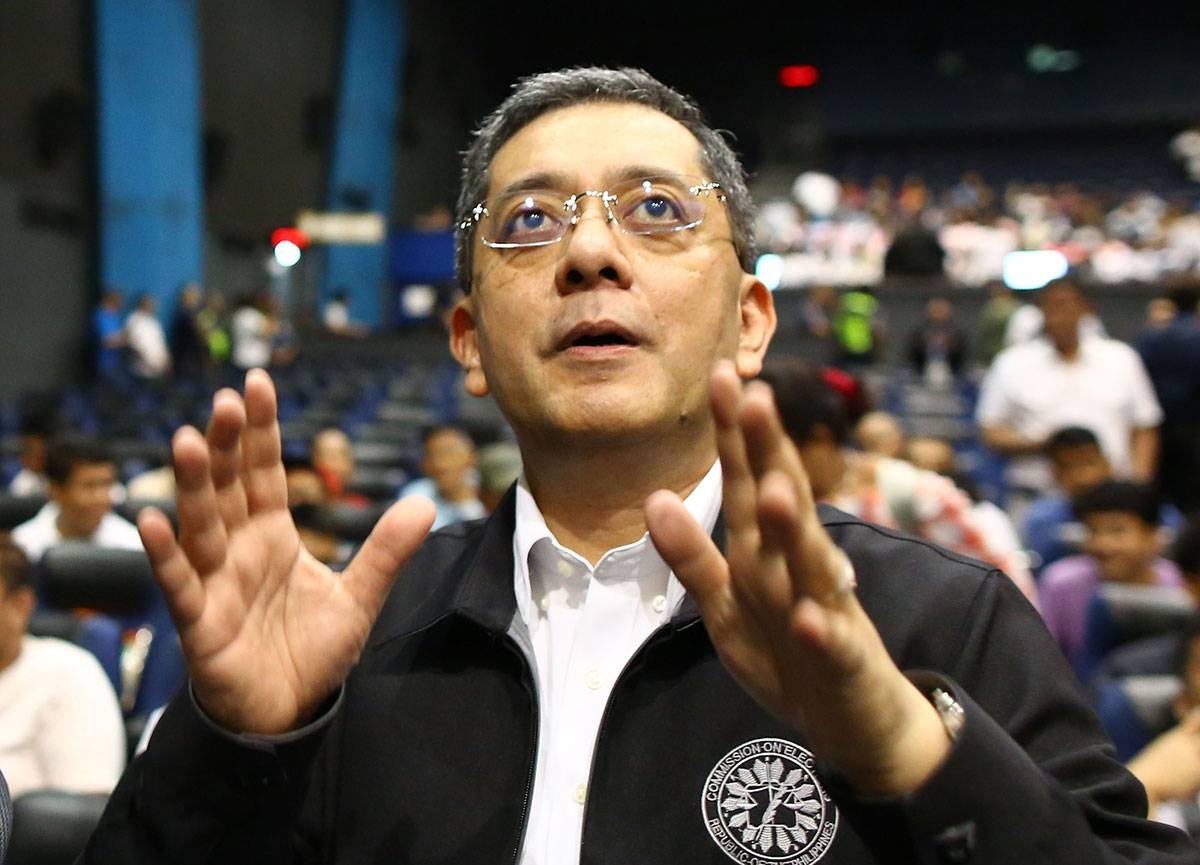THE Commission on Elections (Comelec) warned electronic wallet operators they could be involved in vote-buying cases if they allow candidates in the Barangay and Sangguniang Kabataan Elections (BSKE) to use their apps to buy votes.
Comelec Chairman George Garcia said over the weekend that the agency has already informed GCash, Maya and other companies involved in mobile payment services that they may face charges for conspiracy to commit vote-buying.

Garcia said they advised the companies to monitor high-volume transactions, especially in the days prior to election day.
The companies were also told to be suspicious when money is sent to 50 to 200 people in one day.
“A red flag would be if someone sent a certain amount of money to a large number of recipients,” Garcia pointed out.
He said companies involved in digital wallets and online banking have vowed to support Comelec’s efforts against vote-buying.
The poll body intends to sign a memorandum of agreement with e-wallet companies, Garcia said.
The Comelec had earlier said it would coordinate with the Anti-Money Laundering Council and the Bangko Sentral ng Pilipinas in monitoring unusually large transactions on GCash and PayMaya.
Garcia said violators face imprisonment for up to six years.
The Comelec has previously announced it will impose a “money ban,” which means carrying cash of P500,000 or more from October 25 until Election Day on October 30 will be prohibited.
If an individual cannot explain why he or she is carrying a large amount of cash, the Comelec will assume that person is engaging in vote-buying.
Last week, the poll body officially launched its committee against vote buying and vote selling for the BSKE and opened its complaint center to curb such illegal activities.
Comelec Resolution 10946 created the Committee on Kontra Bigay (CKB) and established the “Kontra-Bigay Complaint Center,” which will receive reports on incidents of vote buying and vote selling.
During the 2022 elections, the poll body received 1,226 reports of vote-buying.
Garcia even pointed out that the International Alliance of Election Watchdogs considered vote-buying in the country the “biggest” election flaw.
“The going rate is supposedly P100 to P2,000, which seems quite low. A lot of people accept that an election is a way to earn money,” he said.
Garcia said the Constitution allows ordinary citizens to arrest criminal offenders who are caught in the act or flagrante delicto, even without a warrant.
While the Comelec does not encourage a citizen’s arrest given the intense rivalry during BSKE, he said it is an option.
The Comelec said vote-buying incidents can also be reported through exclusive communication channels, email, and social media, like Facebook, Instagram, TikTok and Twitter.
The Kontra-Bigay Complaint Center will be open from 8 a.m. to 5 p.m. from August 28 to October 28, but it will be open 24 hours a day from October 29 to 31.
The Omnibus Election Code defines vote buying as giving money or anything of value, promising any office or employment, and other offers to induce a person to vote for or against any candidate or withhold his or her vote in an election. — Franco Jose C. Baroña
*****
Credit belongs to: www.manilatimes.net
 Atin Ito First Filipino Community Newspaper in Ontario
Atin Ito First Filipino Community Newspaper in Ontario






